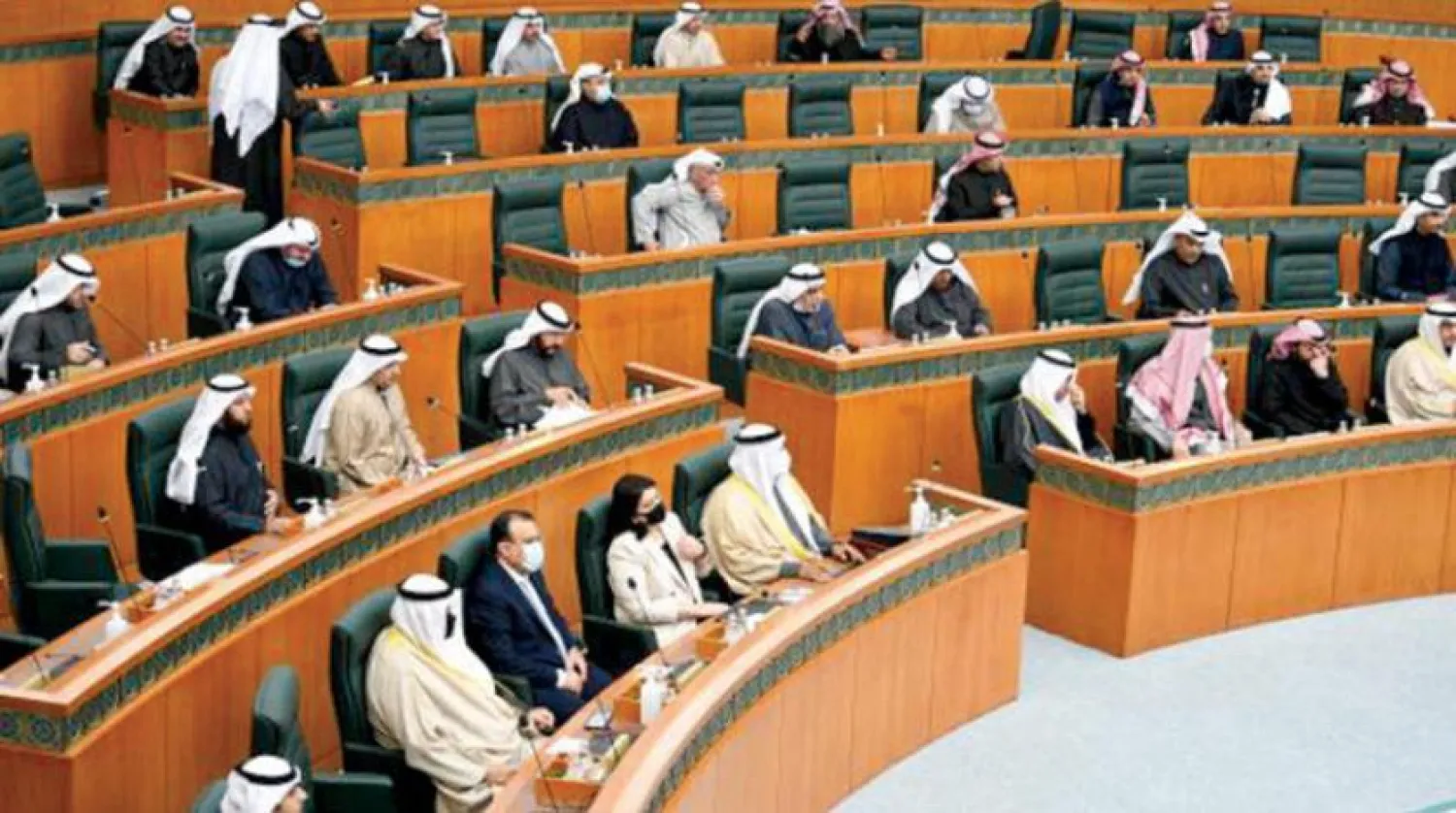Kuwait's newly-formed government, headed by Sheikh Sabah al-Khaled al-Sabah, took the oath on Wednesday before the National Assembly during its ordinary session.
Following the government's swearing-in, several lawmakers boycotted the session and walked out in protest, including Hamdan al-Azmi, Khaled al-Otaibi, Fares al-Otaibi, Marzouk al-Khalifa, Shoaib al-Muwaziri, Abdul Karim al-Kandari, Badr al-Mulla, Mohammed al-Mutairi, Thamer al-Suwait, Mubarak al-Hajraf, Saleh al-Mutairi, Muhannad al-Sayer, and Saifi al-Saifi.
The government aims to achieve political stability in the country, hoping that reconciliation efforts with the parliamentary opposition will pass an economic reform package during the current legislative term.
Last November, Kuwaiti Emir Sheikh Nawaf al-Ahmad al-Jaber al-Sabah accepted the previous government's resignation.
On Nov. 23, Crown Prince Sheikh Mishal al-Ahmad al-Jaber Al-Sabah appointed Sheikh Sabah as prime minister and assigned him to form a new government.
The Kuwaiti constitution stipulates that cabinet ministers who are not members of parliament take the constitutional oath in a session of the National Assembly.
Last week, members of the new Kuwaiti government were sworn in before the Crown Prince at the Bayan Palace, a day after he issued a decree to form the new cabinet headed by Sheikh Sabah.
The National Assembly approved a parliamentary request to allocate two sessions for discussing the Emiri speech.
On January 18 and 19, the Assembly will discuss the government's work program and assign the committee to coordinate the proposals submitted to the committee chairmen to finalize the reports and arrange them for deliberations during the session, according to a statutory timetable.
During the session, the Assembly agreed to ask the public funds' protection committee to discuss why Lebanese banks prevented Kuwait's pension agency from withdrawing two deposits, amounting to over $347 million.
MP Adnan Abdulsamad called to delay the withdrawal because Lebanon is going through a harsh economic situation, and Kuwait has a $4 billion deposit in Egypt. In response, MP Muhalhal al-Mudhaf said that these are public funds and the Kuwaiti people should have them.









